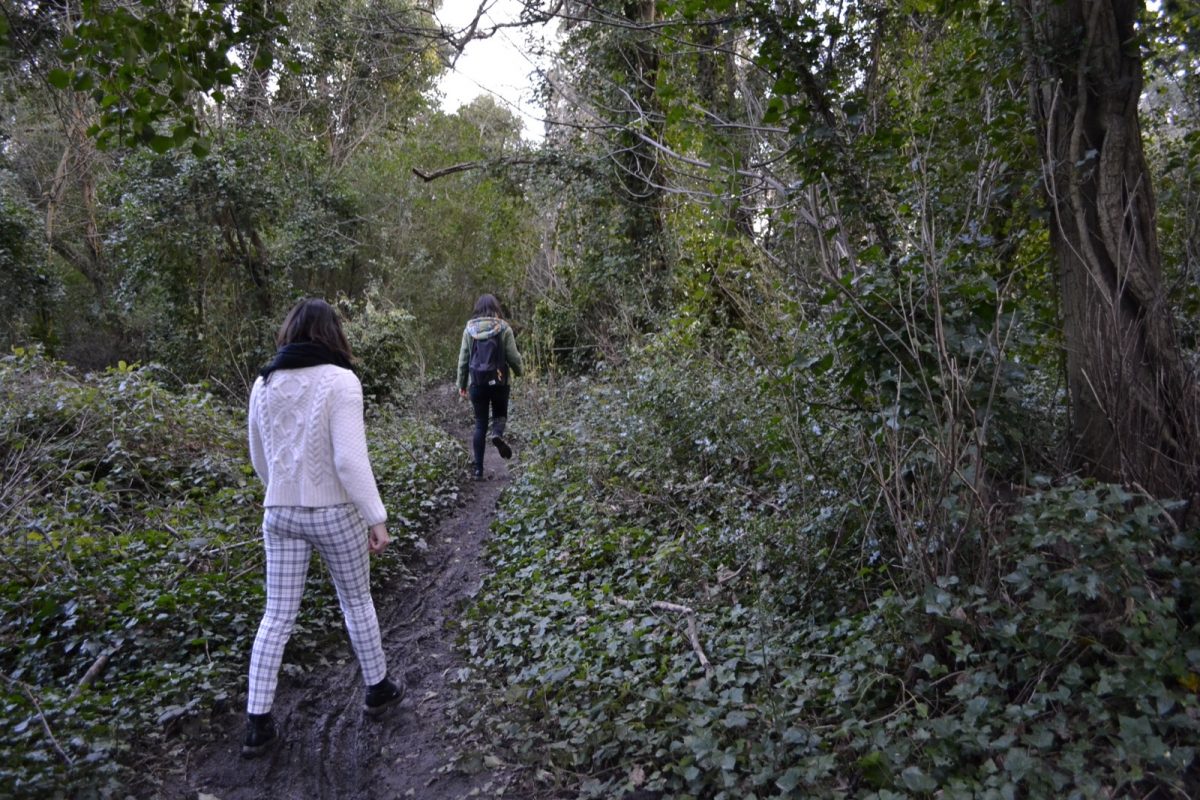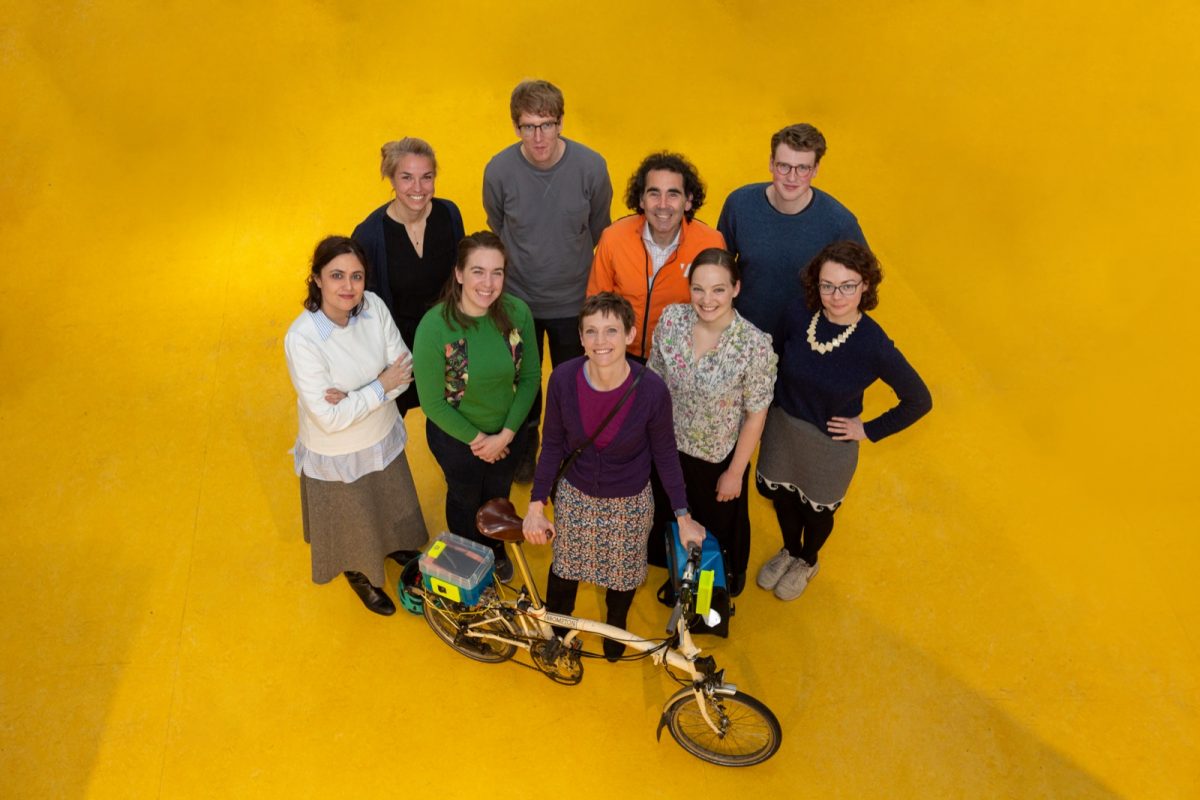Rachel Aldred & Tom Cohen
‘Active travel’ is used increasingly as shorthand for walking and cycling and, though the evidence for the benefits of these forms of travel is now overwhelming, they have tended to receive less attention and funding than they should.
This was the rationale behind setting up the Active Travel Academy which was launched at University of Westminster in September 2019 with the support of the Quintin Hogg Trust. Under the leadership of Professor Rachel Aldred, the Academy combines research, teaching and outreach, all with the aim of increasing access to and understanding of the evidence base relating to active travel.
Below are some of the activities that have taken place at the academy in its first year.
Four students have started working toward their doctorates, exploring topics that range from e-scooter policy to the impact of reducing motorised traffic around schools on behaviour. Over the same period, ten transport and planning students chose active-travel topics for their summer dissertation projects. The Academy’s first taught module launches in 2021, with students learning about modifying transport behaviour.
Several research projects have been taking place, including a major investigation into the concept and potential of car- free mega-cities, in collaboration with Possible. Another
Active Travel Academy funded project is calculating a road injury metric of risk posed to others for Department for Transport. The Academy is also exploring the scope to make signalised junctions more convenient for pedestrians and asking what the likely traffic impacts of e-scooters would be.
The Academy’s staff have been busy setting up a journal, Active Travel Studies, that will bring the latest evidence concerning active travel to a wide audience, by offering its publications on an open-access basis. The role of the media in communicating the facts of active travel has also been receiving attention, with the Academy holding the Active Travel Media Awards in November to recognise good practice in active travel reporting.
There has been plenty of outreach, too: the existing seminar series, Cycling@Tea-time, migrated to the Academy in 2020 and was joined by Walking@Tea- time. And, though the Academy’s planned 2020 fellowship programme has seen changes due to the pandemic, early in 2020 Francisco Paillie Pérez and Ximena Ocampo from Mexico’s Derive Lab gave a public lecture and conducted a week of research walks, attended by Academy staff and interested others.
Finally, responding to a clear need for research in this area, the Academy has just opened a call for research into ‘Justice in and for active travel’.














